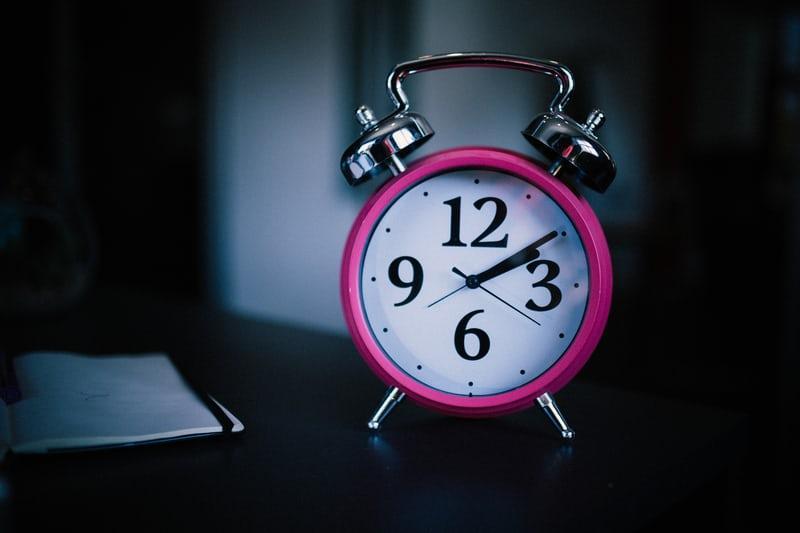Lack of sleep in college students is a well documented challenge. It’s synonymous with college life. Yet, without adequate sleep, students struggle academically, emotionally, and physically.
About 50% of college students report daytime sleepiness and 70% don’t get enough sleep according to NCBI. Distraction abounds on college campuses and makes it difficult for students to prioritize sleep. A variety of factors are at play, but social gatherings, accessibility of electronics, use of stimulants (caffeine and energy drinks), alcohol, and class scheduling all contribute to the lack of sleep in college students.
What’s the impact?
Academic Performance
GPAs often suffer as a result of lack of sleep in college students. Without the benefits of the full sleep cycle, memory suffers, recall is poor, and the retention and creation of memories is nearly impossible. All-nighters backfire since the brain lacks the ability to learn under deprived conditions. Sleep is critical for learning and memory consolidation, Cognitive function is impaired without adequate sleep and, as a result, student’s are less likely to be successful in their classes.
Mood Impairment
Lack of sleep in college students exacerbates depression. 39% of college students have recently been diagnosed with depression and 39% with generalized anxiety disorder. Insomnia increases this number and contributes to less stability in symptoms of depression and anxiety. Conversely, as sleep improves so does relief from symptoms. The relationship between mood disorders, suicide, and sleep is complex, but improvements in one area can lead to improvements in another.
Less Physically Fit
Obesity is another impact of lack of sleep in college students. Without adequate rest, the body is unable to complete the restore and repair cycle needed at a cellular level to burn fat. Obesity can lead to the onset of metabolic syndrome and eventually diabetes if not addressed through adjustments to lifestyle. With inadequate sleep, the body reduces its ability to lose fat by 55%.
The American Academy of Sleep Medicine recommends the follow steps to address the lack of sleep in college students:
- Aim for 7 hours of sleep each night – go to bed earlier.
- Get out of bed if you have trouble falling asleep and do something else until you feel tired (but avoid screens).
- Don’t study, read, watch tv in bed – use it for sleep only.
- Limit naps – keep them to 1 hour and don’t nap past 3pm.
- Wake up on the weekends at the same time you do during the weekdays. A normal sleep routine is more ideal and “catching up” on sleep isn’t possible.
- Avoid caffeine in the afternoon and into the evening – stimulants prevent you from falling asleep and staying asleep.
- Adjust the light on your devices and in your sleeping space to prepare your body to wind down for the night.
- Eat something small – don’t go to bed hungry but don’t eat a large meal before sleep either.
The lack of sleep in college students, while rampant, can be addressed and reversed with conscious effort. Students can make minor adjustments to their schedule for major impact on their wellbeing.
